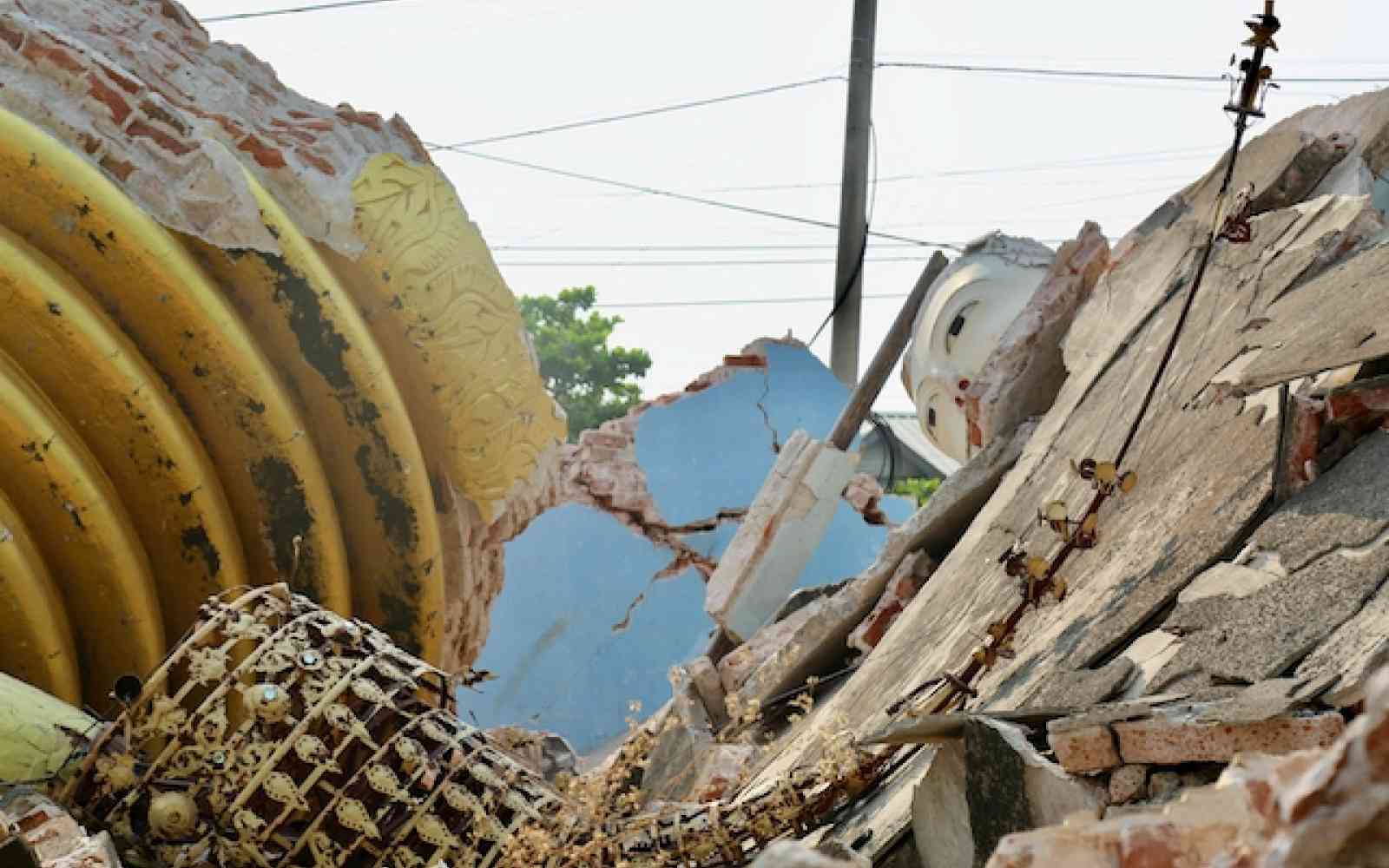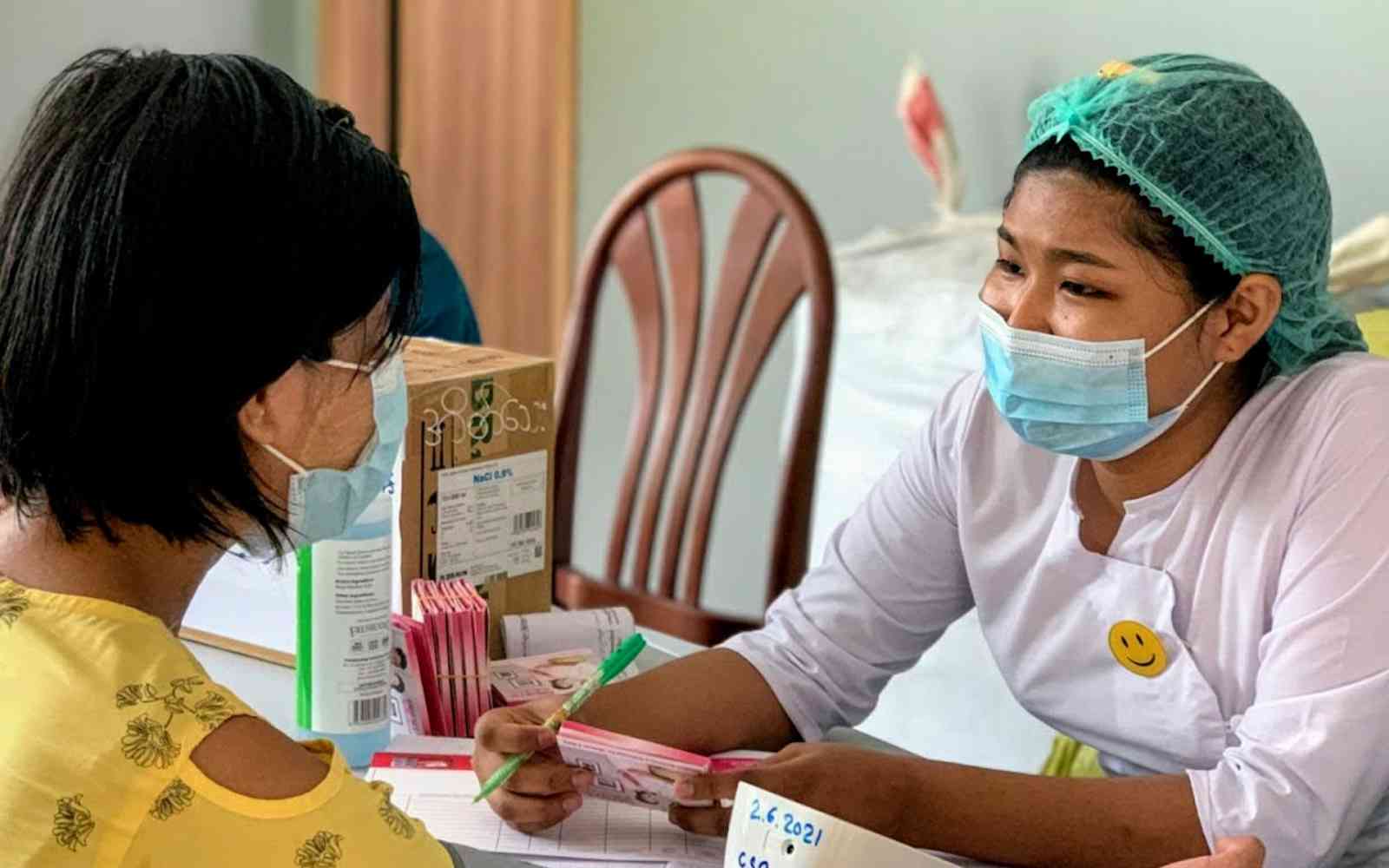The United Nations Office for Project Services (UNOPS)
Statement on UNOPS operations in Myanmar
Statement attributable to Jorge Moreira da Silva, UN Under-Secretary-General and UNOPS Executive Director, on visiting Myanmar.
I have just completed a visit to Myanmar, where communities are still reeling from the severe earthquakes in March, which compounded the existing challenges of conflict, displacement, and severe humanitarian needs.
I am in #Myanmar to stand with its people amid a crisis layered on crisis. They cannot be forgotten. We are here because of the resilience of local partners on the front lines and we are committed to enabling their life-saving work. pic.twitter.com/ifjzepLxMG
— Jorge Moreira da Silva (@UNOPS_Chief) June 21, 2025
The earthquakes - Myanmar’s strongest in a century - killed an estimated 3,800 people and 5,100 injured. Women and girls comprised the majority of the casualties.
The disaster added another layer of suffering to an already struggling population. Even before the quake, more than 3.5 million were displaced by conflict. Myanmar is also one of the world’s deadliest countries for landmine and unexploded ordnance casualties.
Two months in, in the most affected areas, more than 6.3 million people remain in urgent need of assistance and protection.
I saw the extent of the damage and the needs in my visits to Sagaing and Mandalay.
UNOPS - through our partners and programmes - worked swiftly to mobilize $25 million and scaled up our response to reach half a million people with life-saving assistance.
My colleagues worked closely with the UN family, local, and other humanitarian partners to provide immediate assistance and support recovery efforts, including by delivering emergency shelters, access to clean water, and deploying infrastructure specialists for rapid damage assessments.
But the needs are immense. The World Bank estimates $10.97 billion in damages, with full reconstruction likely costing 2–3 times more.
As we shift gears from immediate relief to early recovery, my colleagues and partners need safe, sustained access, to prevent further suffering.
Debris removal is another key concern. Over 2.5 million tonnes of debris must be cleared, to pave the way for recovery.
UNOPS - along with the broader UN family and local responders - are working to restore essential services, rebuild livelihoods and support communities. This is a collective effort, and the role of our local partners is key.
I echo the calls from across the UN system for an end to violence. Recovery and reconstruction efforts should support Myanmar’s journey to peace and reconciliation. Protection of civilians must be a priority.
All recovery efforts need to put people at the front and centre.
They need to be inclusive, led by the communities that are impacted.
They need to be grounded in dignity, equity, and a shared commitment to building resilience.
UNOPS has the largest UN presence in Myanmar, with over 400 colleagues on the ground. We have supported the people of Myanmar for the past 30 years, offering practical solutions to help improve health, livelihoods, rural development and agriculture initiatives across the country.
UNOPS manages some of the largest development funds in Myanmar, including the Livelihoods and Food Security Fund (LIFT), the Access to Health Fund, and the Global Fund, among others. My colleagues support humanitarian efforts to reduce the risk posed by mines.
UNOPS remains committed to supporting the people of Myanmar to build resilience and pursue solutions to the challenges they face, for a more stable and stronger future.









